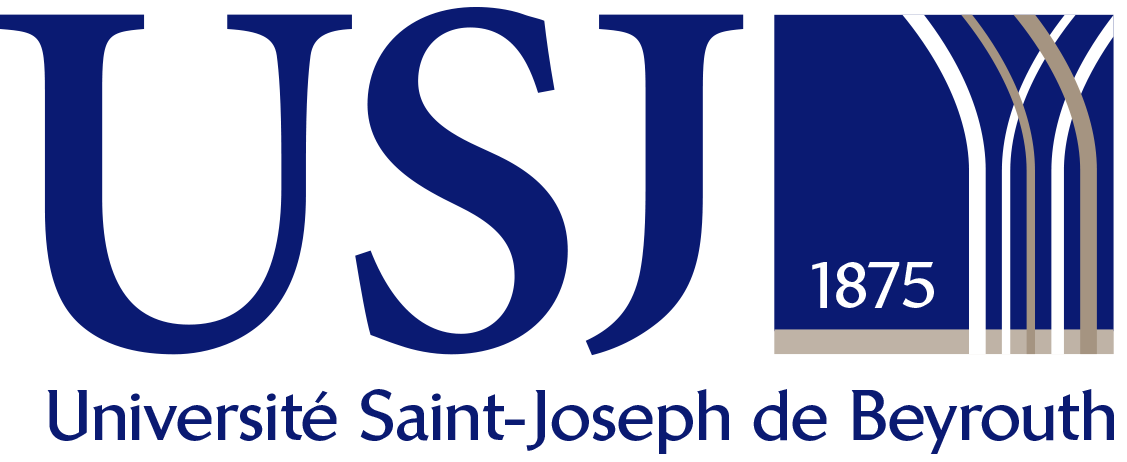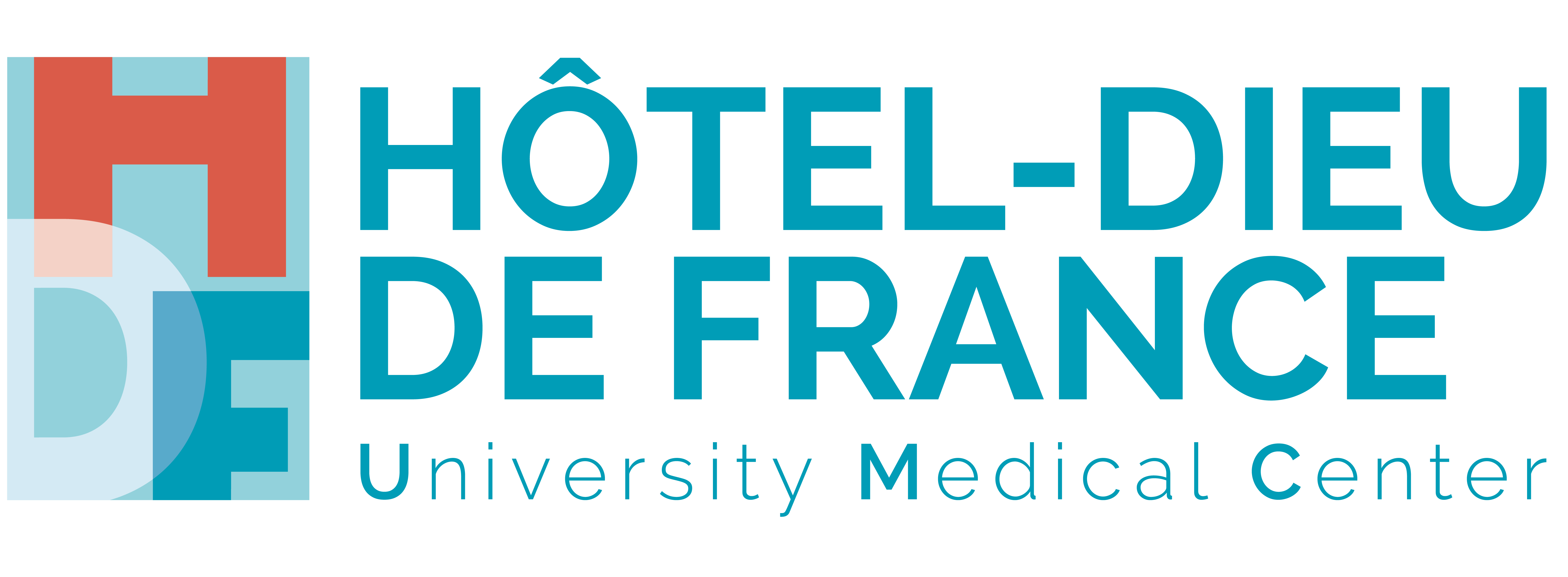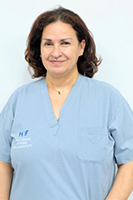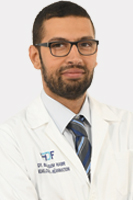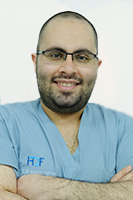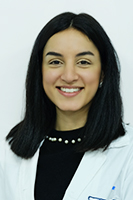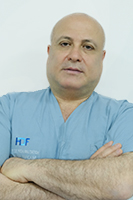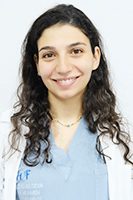Cardiopulmonary Rehabilitation Unit
The Cardiopulmonary Rehabilitation Unit was created to help individuals with chronic cardiorespiratory diseases and patients suffering from post-COVID syndrome. This new unit is well-equipped with advanced technical facilities and new technologies, as well as a dedicated multidisciplinary team committed to providing comprehensive care to patients.
The individualized and comprehensive services offered include:
• Treatment optimization
• Reduction in shortness of breath
• Increase in the patient’s capacity to perform daily activities
• Decrease in the number and severity of exacerbations
• Improvement of quality of life
• Improvement and stabilization of respiratory disease
Respiratory rehabilitation is primarily provided in an outpatient setting for 10 to 20 half-days, 3 times a week on average. It can also be applied to some hospitalized patients. The rehabilitation process consists of three main phases:
Phase 1: Consultation and Patient Assessment
All patients begin with a consultation with the pulmonologist, who evaluates the appropriateness of the program, checks for contraindications, and conducts an initial assessment. Based on the findings, an individualized program is created, tailored to each patient, regardless of the primary pathology or its severity.
This phase includes:
- Physical examination
- Pulmonary function tests (PFTs)
- 6-minute walk test
- Echocardiography
- Cardiopulmonary stress test
- Nutritional assessment
- Targeted questionnaires to assess dyspnea, mental health, and quality of life
Following this assessment, the pulmonologist prescribes a rehabilitation protocol, updates the patient’s file with the relevant prescriptions, and briefs the multidisciplinary team.
Phase 2: Rehabilitation Sessions
During the sessions, patients will receive the following healthcare services:
- Respiratory physiotherapy
- Adapted physical activity in a supportive context
- Endurance retraining through personalized exercises
- Nutritional rehabilitation: dietary survey, lipid profile, body composition, and weight control
- Sleep study, if necessary
- Therapeutic education with participation from each team member
- Consultation with the tobaccologist if the patient is a smoker
- Individual sessions with the nutritionist and/or psychologist, if the patient requires or requests it
Oxygen saturation, blood pressure, and heart rate are monitored during exercise (if necessary), allowing the program to be conducted with supplemental oxygen or even non-invasive ventilation, if needed.
Phase 3: Closure and Follow-Up
At the end of the program, an evaluation will be conducted.
A final consultation with the pulmonologist will conclude the program, during which the pulmonologist will assess the patient’s progress and validate the outcomes. The patient will then receive recommendations for continued treatment and appropriate documentation for follow-up care.
Team
01- 604 000 Ext: 8382
